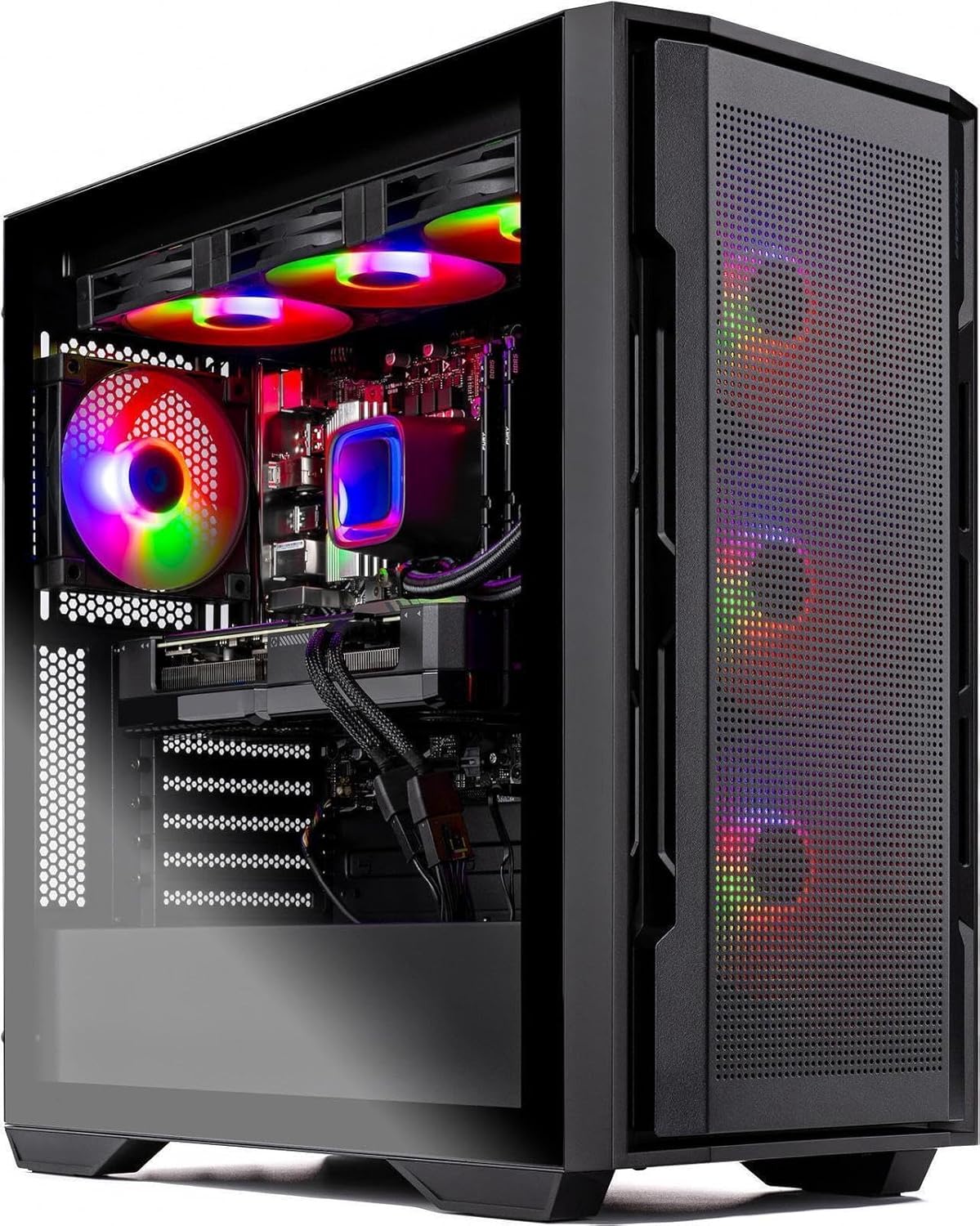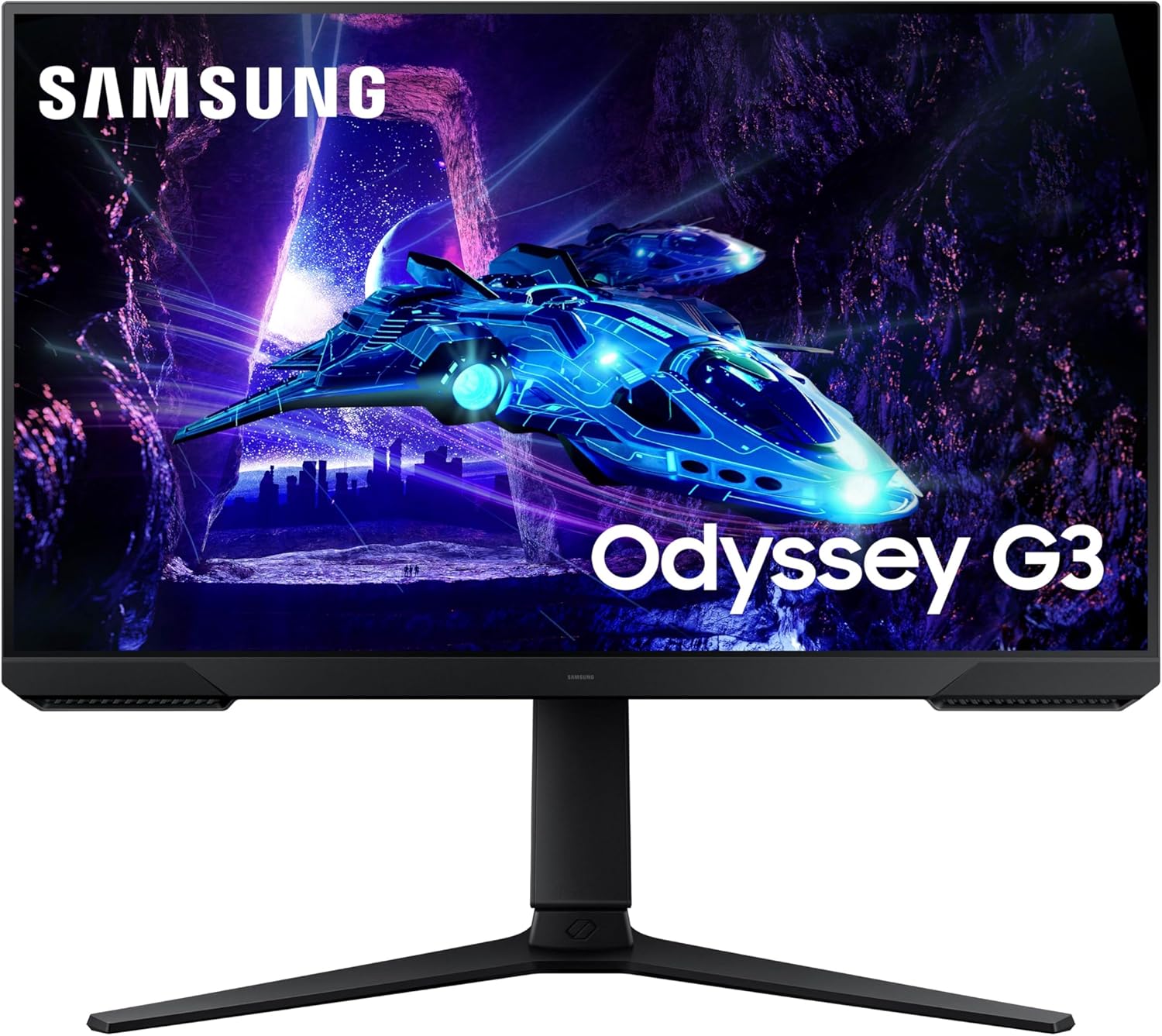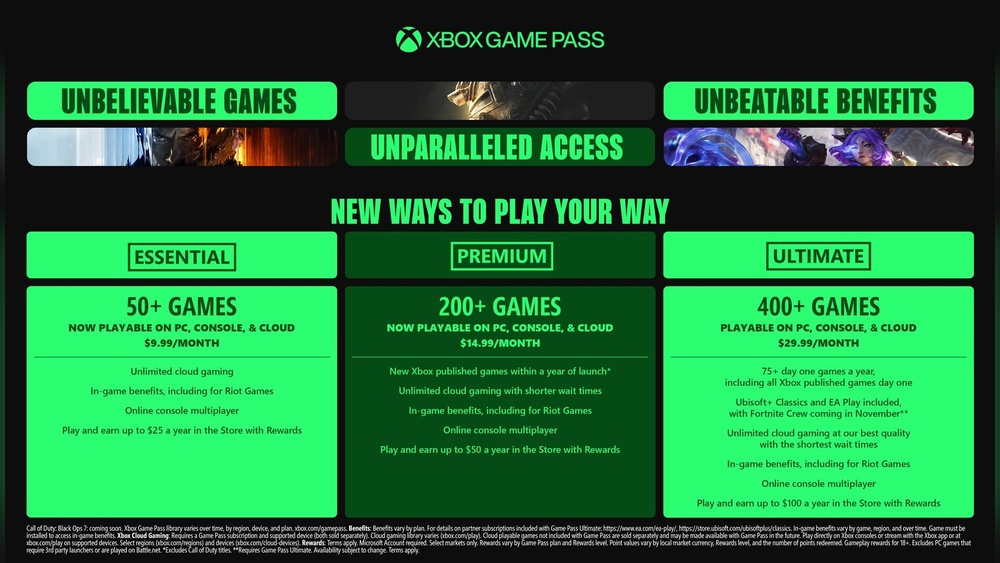Have you ever wondered why some games feel unbeatable while others seem too easy? The secret often lies in the game’s search algorithms—the behind-the-scenes processes that decide the best moves.
But here’s the catch: these algorithms have clear limitations. Understanding these limits can change the way you play, design, or even enjoy games. You’ll discover what holds these algorithms back and why that matters to your gaming experience. Ready to uncover the hidden challenges of game search algorithms?
Keep reading—you won’t want to miss this.
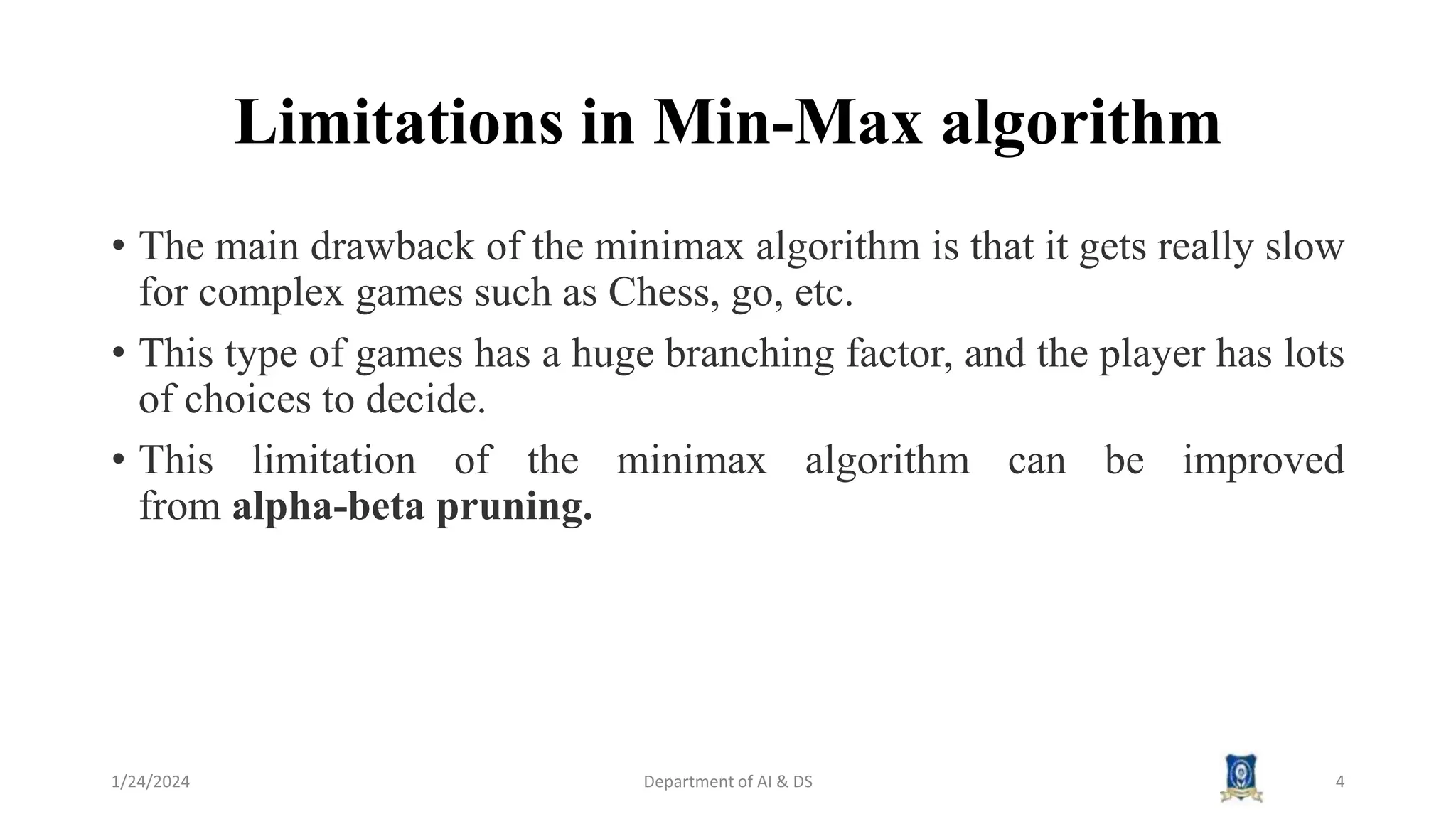
Credit: www.slideshare.net
Algorithm Complexity
Algorithm complexity is a key challenge in game search methods. It affects how fast and well an algorithm works. Complex algorithms can slow down decision-making in games. This limits their use in real-time or large games. Understanding these limits helps improve game AI and player experience.
Exponential Growth
Game search algorithms often face exponential growth in choices. Each move leads to many possible next moves. This creates a huge number of game states to check. The more states, the harder it is to find the best move. This growth makes some games very difficult for algorithms.
Time Constraints
Games need quick decisions to keep players engaged. Algorithms must work within strict time limits. Complex searches can take too long to finish. Slow responses can ruin the game experience. Developers must balance search depth and speed carefully.
Memory Usage
Large game trees require lots of computer memory. Storing all possible states uses significant space. Limited memory can force algorithms to cut corners. This may lead to weaker moves or missed chances. Efficient memory use is crucial for strong game AI.
Incomplete Information
Game search algorithms work well with clear and full information. But many games have hidden parts. These parts make it hard for algorithms to find the best move. This problem is called incomplete information. It limits how well algorithms can predict and plan moves.
Hidden Moves
Some games hide player moves from others. Cards in poker are a good example. The algorithm cannot see these moves. It must guess what the opponent might do. This guessing makes the search less accurate. The algorithm cannot be sure about the game state.
Uncertainty Handling
Algorithms try to handle unknown data by using probability. They assign chances to different moves. But this adds uncertainty to decision making. The algorithm may pick a move that looks good but fails later. Handling uncertainty well is very hard for algorithms.
Heuristic Limitations
Heuristics play a big role in game search algorithms. They help estimate the best moves without checking every option. These shortcuts make the search faster and use less computer power. Yet, heuristics have limits that affect the quality of the decisions made by the algorithm.
Heuristics rely on rules and guesses. These guesses can sometimes miss important details. This causes the algorithm to pick moves that are not always the best. Understanding these limits is key to improving game search algorithms.
Evaluation Function Accuracy
The evaluation function scores the game position. It tries to predict how good or bad a position is. But this score is often just an estimate. The function may not see all winning or losing chances.
In some cases, the function gives wrong scores. This misleads the algorithm to wrong moves. The accuracy depends on how well the function matches the real game. Better evaluation functions lead to smarter decisions.
Bias In Heuristics
Heuristics can have bias. They may favor certain moves or strategies too much. This bias limits the search to a narrow set of options. The algorithm might miss stronger moves outside that set.
Bias can come from the way heuristics are designed. It reflects the knowledge and assumptions of the programmer. Reducing bias helps the algorithm explore a wider range of moves. This improves the chances of finding the best play.
Game-specific Challenges
Game search algorithms face unique challenges based on the type of game they analyze. These challenges affect how well the algorithm can explore possible moves and decide the best strategy. Different games have different rules, goals, and structures. These differences create specific problems for search algorithms to solve.
Large State Spaces
Many games have an enormous number of possible positions or states. Chess is a classic example, with billions of possible board setups. This vast number makes it impossible for algorithms to check every option. They must use shortcuts or guesses to focus on the most promising moves. Without these, the search would take too long or run out of memory. Large state spaces slow down decision-making and reduce accuracy.
Dynamic Game Environments
Some games change their rules or conditions during play. Real-time strategy games show this well. The environment shifts as players build, attack, or defend. This constant change makes it hard for algorithms to predict future states. They must quickly adjust and update their search to fit new situations. Dynamic environments challenge the algorithm’s ability to plan ahead. They require flexible and fast decision processes.
Real-time Decision Making
Real-time decision making is a key challenge for game search algorithms. These algorithms must find the best moves quickly during gameplay. They cannot spend too much time thinking. Fast responses keep the game smooth and fair. The pressure to decide fast creates limits on how deeply the algorithm can analyze moves.
Time-limited Searches
Game algorithms often work under strict time limits. They have only seconds or milliseconds to choose a move. This limit stops them from exploring every possible option. Instead, they focus on the most promising moves. The shorter the time, the less the algorithm can search. This can lead to less accurate or weaker moves.
Trade-offs Between Depth And Speed
Algorithms must balance search depth and speed. Searching deeper means better decisions but slower responses. Going shallow is faster but risks missing good moves. Developers tune algorithms to find a good balance. This trade-off depends on the game type and time limits. Real-time games often favor speed to keep play smooth.
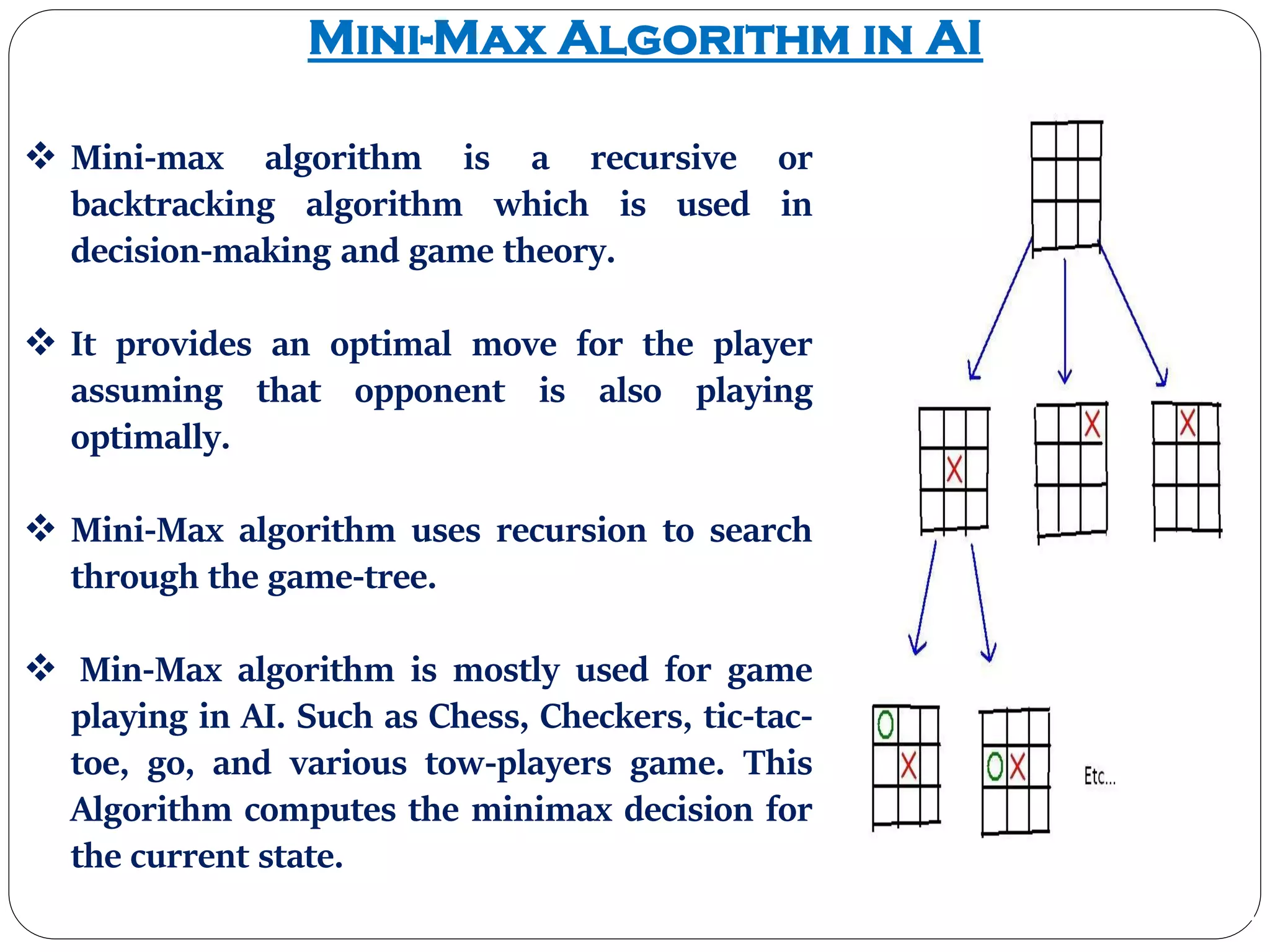
Credit: www.slideshare.net
Resource Constraints
Game search algorithms need many resources to work well. They use a lot of computer power and memory. These needs can limit how fast and how smart the algorithm can be. Resource constraints affect the quality of decisions made by these algorithms.
Hardware Limitations
Game search algorithms run on computer hardware like CPUs and GPUs. These devices have limits on speed and memory. Fast processors help search more moves in less time. But not all devices have strong hardware. Low memory can stop the algorithm from exploring many game scenarios. This limits how deep the algorithm can think ahead. Older or weaker hardware reduces the performance of the search.
Energy Consumption
Running game search algorithms uses a lot of energy. High energy use raises costs and creates heat. Devices must cool down to avoid damage. Energy limits affect how long and how often the algorithm runs. Mobile devices have less battery power. This makes long or complex searches difficult. Energy efficiency is important for running these algorithms well.
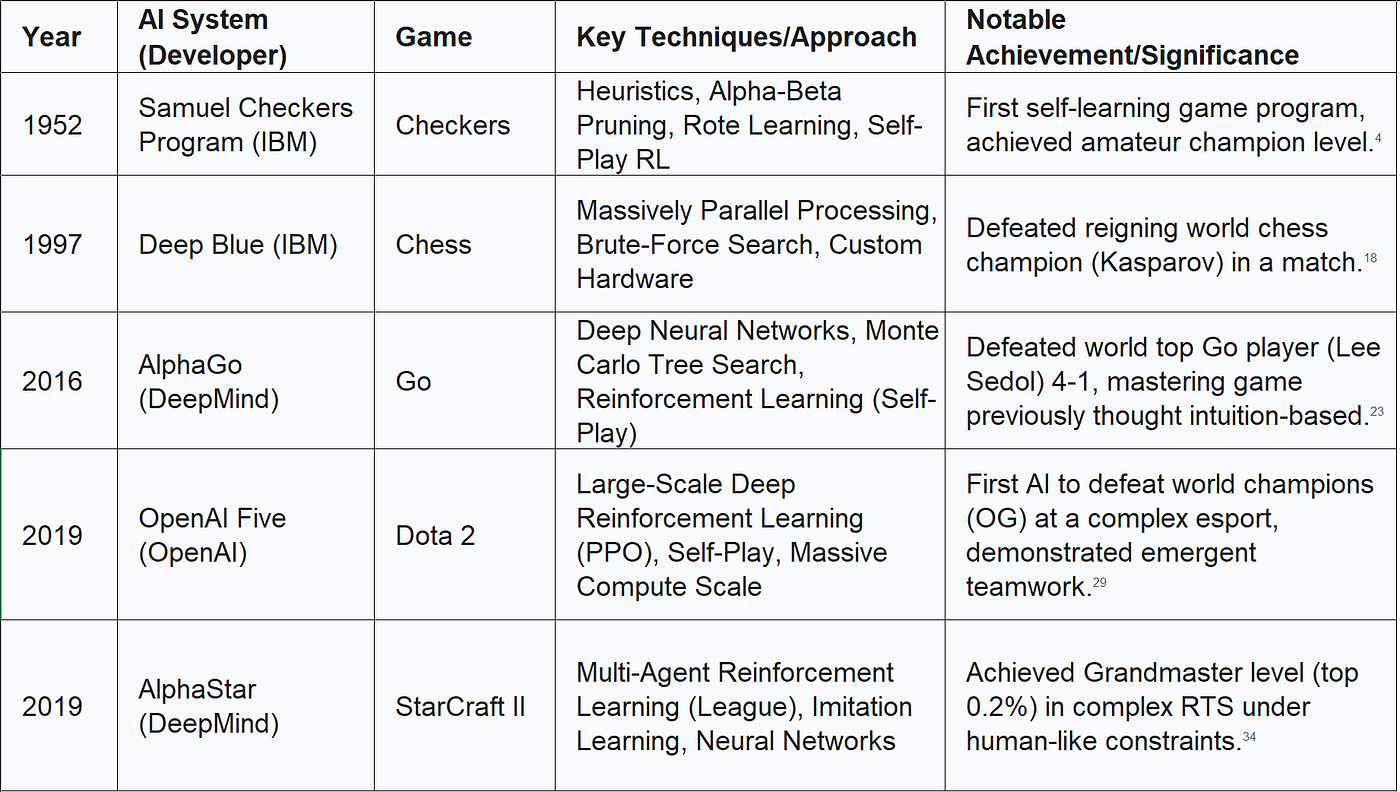
Credit: gregrobison.medium.com
Frequently Asked Questions
What Are Common Limitations Of Game Search Algorithms?
Game search algorithms often face issues like high computation time, limited depth, and memory constraints. They may also struggle with complex or unpredictable game states, reducing efficiency and accuracy in decision-making.
How Does Computation Time Affect Game Search Algorithms?
Long computation times slow down decision-making in games. This delay impacts real-time play and can cause algorithms to miss optimal moves, especially in games with vast search spaces.
Why Do Game Search Algorithms Struggle With Complex Games?
Complex games have enormous possible moves and states. This exponential growth makes it hard for algorithms to explore all options fully, leading to less accurate or suboptimal decisions.
Can Memory Limitations Impact Game Search Effectiveness?
Yes, memory limits restrict the amount of game states an algorithm can store. This constraint forces pruning or simplification, reducing the algorithm’s ability to evaluate all possible moves.
Conclusion
Game search algorithms help find good moves in many games. Still, they face big limits like slow speed and huge memory needs. They often miss the best move in complex games. Some algorithms struggle with uncertain or hidden information. These limits show why human insight stays important.
Developers keep improving algorithms to handle these problems better. Understanding these limits helps us use game search wisely. It also guides future research and game design. The journey to perfect game search is ongoing and full of challenges.



